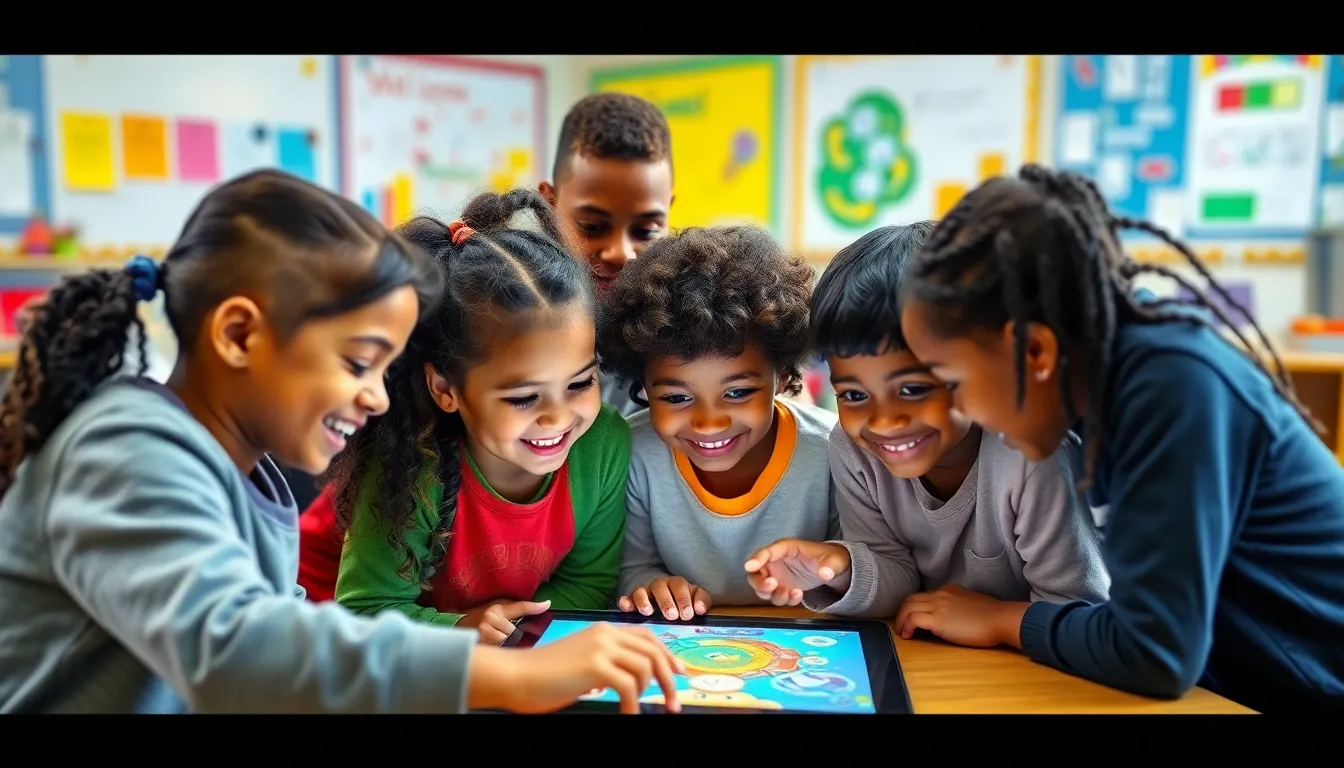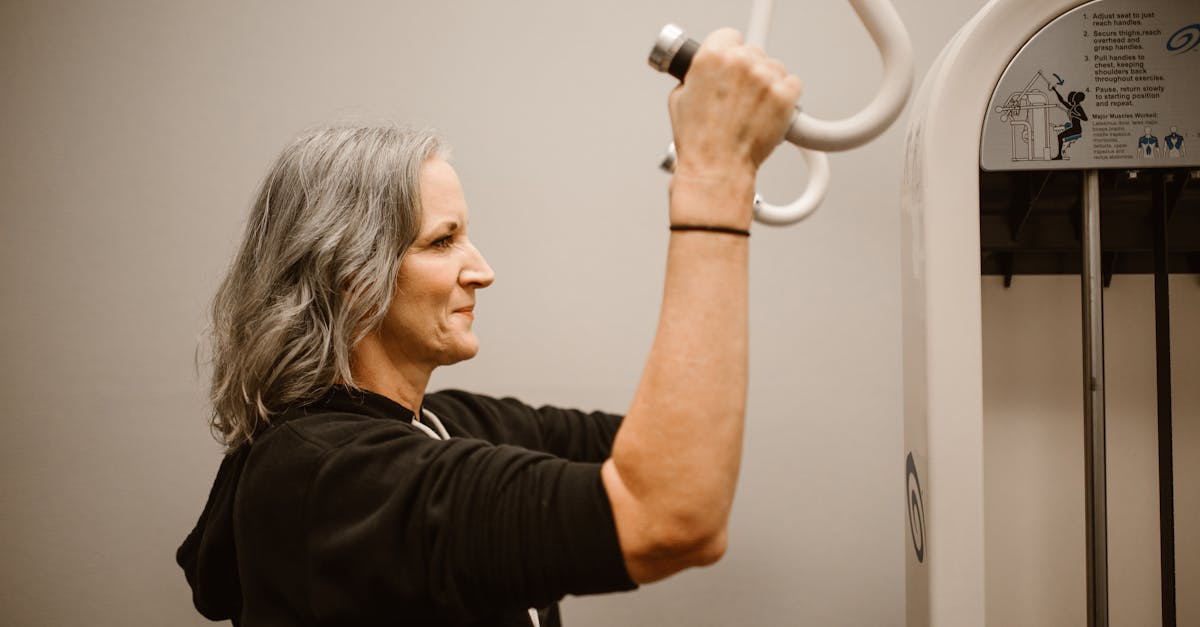Table of Contents
ToggleIn the high-stakes world of parenting, some take to the skies like helicopters, hovering over their children at every turn. While the intention is often noble—ensuring safety and success—this approach can lead to unexpected turbulence. Helicopter parenting might seem like a protective measure, but it often creates more stress for both parents and kids than a surprise pop quiz on a Monday morning.
Understanding Helicopter Parenting
Helicopter parenting involves parents closely monitoring their children’s activities to ensure safety and success. This approach often stems from well-intentioned motives but can lead to unintended consequences.
Definition and Characteristics
Helicopter parenting describes a style where parents overly control their children’s experiences. Characteristics often include constant supervision, excessive involvement in decision-making, and a lack of independence for the child. Parents frequently micromanage homework, social activities, and extracurricular commitments. Children in these situations often struggle to develop self-reliance since they receive little opportunity to make choices on their own. They face pressure to meet high expectations that their parents set, which can create an environment of heightened stress.
Impact on Children
Children raised in this environment may experience significant stress and anxiety. High parental expectations often lead to fear of failure, negatively affecting self-esteem. They may also struggle with social skills, as reduced independence limits their opportunities to interact with peers. Overbearing parental involvement can stifle decision-making ability, which negatively impacts critical thinking and problem-solving skills later in life. Research shows that such children often face challenges adapting to adult responsibilities, as they haven’t had the chance to navigate failure or success independently.
The Relationship Between Helicopter Parenting and Stress
Helicopter parenting significantly impacts stress levels for both children and parents. This style of parenting, while well-meaning, often leads to increased anxiety.
Stress in Children
Children exposed to helicopter parenting frequently experience heightened stress. According to research, 85% of these children feel pressured to meet their parents’ expectations. Limited opportunities for independent decision-making create feelings of helplessness and overwhelm. Academic performance often becomes a primary source of anxiety, as parents’ high expectations contribute to constant fear of failure. Furthermore, they struggle to develop coping mechanisms, leaving them ill-prepared for real-life challenges. Social interactions sometimes suffer as well, with children finding it difficult to engage without parental intervention. In short, the excessive involvement of parents often leads to detrimental mental health outcomes for children.
Stress in Parents
Parents experiencing helicopter parenting find themselves under considerable stress, too. Many feel pressure to maintain control over their children’s lives, leading to burnout and exhaustion. Statistics indicate that over 70% of these parents report feeling anxious about their child’s future. Striving for perfection in parenting can lead to feelings of inadequacy and guilt. Balancing work and parenting responsibilities can further compound this stress. Additionally, concerns about their child’s independence create tension in their relationships. The cycle of stress often continues as parents grapple with the implications of their parenting style on family dynamics.
Strategies for Effective Stress Management
Helicopter parenting can lead to significant stress for both parents and children. Implementing effective strategies can alleviate this stress and foster healthier family dynamics.
Communication Techniques
Effective communication forms the backbone of stress management. Practicing active listening encourages genuine dialogue between parents and children. Establishing an open environment allows children to express feelings about pressure without fear of judgment. Seeking feedback from children on their needs can guide parents’ involvement effectively. Implementing regular family check-ins fosters emotional connection and reinforces support. Positive reinforcement replaces excessive scrutiny, enabling children to feel valued for their efforts, not just outcomes. These techniques build trust, reducing stress and enhancing emotional resilience for both parties.
Setting Boundaries
Boundary-setting plays a crucial role in stress reduction. Parents must define clear boundaries for involvement, allowing children to take charge of their decisions. Establishing limits on the extent of parental oversight fosters independence and self-reliance. Negotiating responsibilities together helps children feel empowered, enhancing their problem-solving skills. Respecting each other’s space during activities promotes personal growth and reduces feelings of suffocation. By creating designated times for supervision, parents can balance support with freedom. These boundaries reduce stress at home, improving overall well-being for both parents and children.
The Role of Professional Support
Professional support plays a crucial part in navigating the challenges posed by helicopter parenting. Seeking outside help can provide strategies to manage stress effectively.
Counseling and Therapy Options
Counseling offers tailored approaches for both parents and children. Individual therapy helps parents understand their motivations behind controlling behaviors. Group therapy provides a shared space where parents can learn from each other’s experiences. Cognitive-behavioral therapy can teach practical skills to reduce anxiety and promote healthier behaviors. Children benefit from therapy as well, learning coping mechanisms to handle pressure from parents. Resources like licensed counselors or child psychologists can guide families through these processes.
Support Groups
Support groups create opportunities for shared dialogue among parents facing similar challenges. Engaging with others who understand the pressures of helicopter parenting fosters a sense of community. These groups can offer practical advice and emotional support, helping individuals feel less isolated. Many organizations provide specialized support groups focused on parenting styles and stress management. Participants often share effective strategies for balancing involvement and independence, making it easier to navigate family dynamics.
Helicopter parenting can create a cycle of stress that affects both parents and children. By fostering open communication and encouraging independence parents can alleviate some of this pressure. Establishing healthy boundaries and allowing children to make their own decisions not only promotes self-reliance but also strengthens family dynamics. Seeking professional support can further enhance stress management strategies. Ultimately a balanced approach to parenting can lead to improved mental health and well-being for the entire family. Embracing this shift can pave the way for healthier relationships and a more resilient future.







